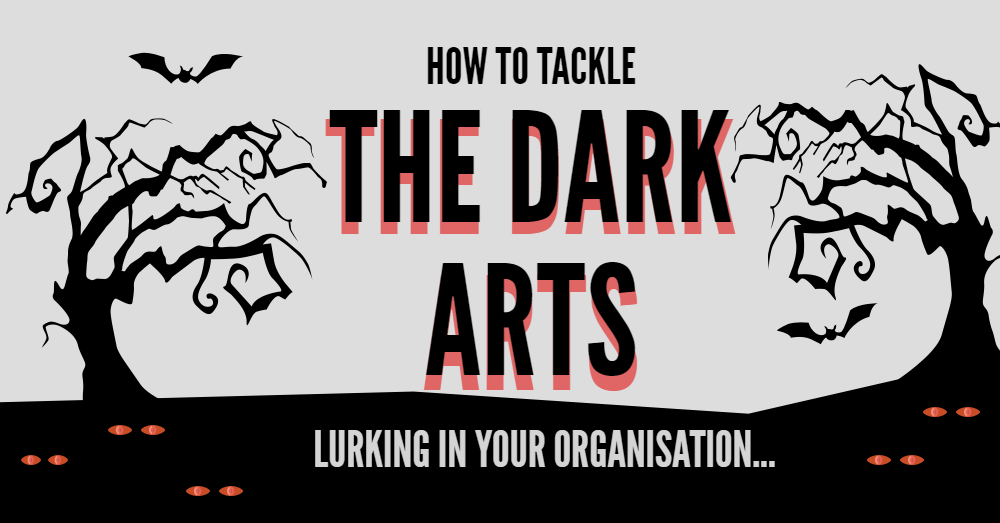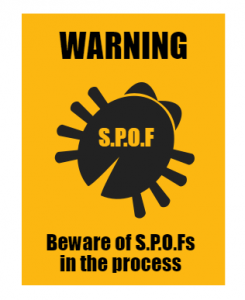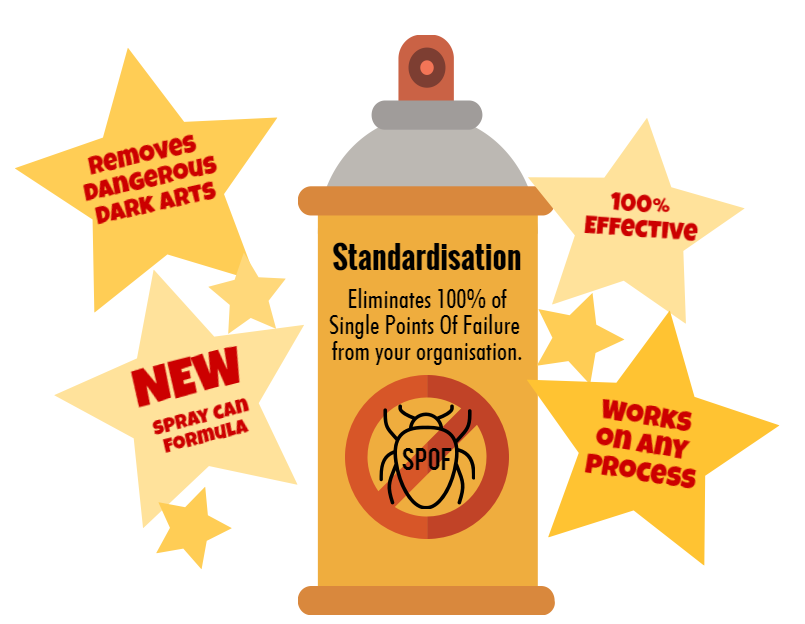- Sophie Main
- October 26th, 2016
A few months into Autumn and Summer already seems like a distant memory. The holidays have all been taken, everyone is back in the office, and the once continual flow of foreign delicacies and last minute Toblerone purchases have started to dwindle. For many, this time of absences may have revealed a few things: The bins don’t get emptied while Susan is away, it was much quieter when Jeremey wasn’t around, and you’re now certain you don’t like Turkish Delight.
However, this time of recurrent absences may have also revealed something much more serious: The presence of Dark Arts in your processes.
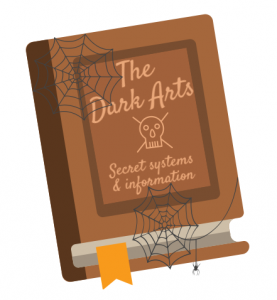
Whether it is a machine with only one qualified operator or it’s the location of a file that only a few people are privy to, these Single Point of Failures can seem harmless in a day-to-day workings. After all, Jeremy has always been the one who issues the VAT receipts and surely Susan is the only one who needs to know how to restart the machine. But what about when Jeremy is ill, or when Susan unexpectedly leaves the organisation?
What was once the accepted and seemingly harmless norm, ‘the way things have always been done’, has now put the process at risk. The SPOF individual is absent and the process is left vulnerable, likely to falter, and may stop operating altogether. For all those left behind, particularly those managing the process, they are exposed to a stressful yet avoidable situation.
Over the summer months, as colleagues took their leave and you were left manning the fort, you may have experienced the frustration of finding the previously unknown Dark Arts. On the other hand, you could still be blissfully unaware of their presence. However, like many sinister things lurking in your organisation, they often go unnoticed until it’s too late.
Beware of the Dark Arts in your organisation
Dark Arts can make their way into your organisation in a number of ways. In most cases, it is due to the all too common attitude across companies to just get the job done; the processes and procedures are left open to interpretation, so workers develop their own strategies with the only direction that the product must be delivered by the deadline.
Such inconsistent processes unsurprisingly result in inconsistent results, but even more worryingly, it exposes the business to the dangers of SPOFs – If each operator has their own way of producing their part, their absence is likely to cause significant disruption and could stop the process altogether!
Unfortunately, these SPOFs are also intentionally initiated by individuals. It is not uncommon for people to withhold information, whether due to a lack of trust in the capability of team members or even to establish and maintain power in their position. By ensuring they are the only one trained in their Dark Art, they increase their value to the organisation and can even become indispensable. If they are then unexpectedly absent or threaten to leave the organisation, the business is left in a vulnerable position.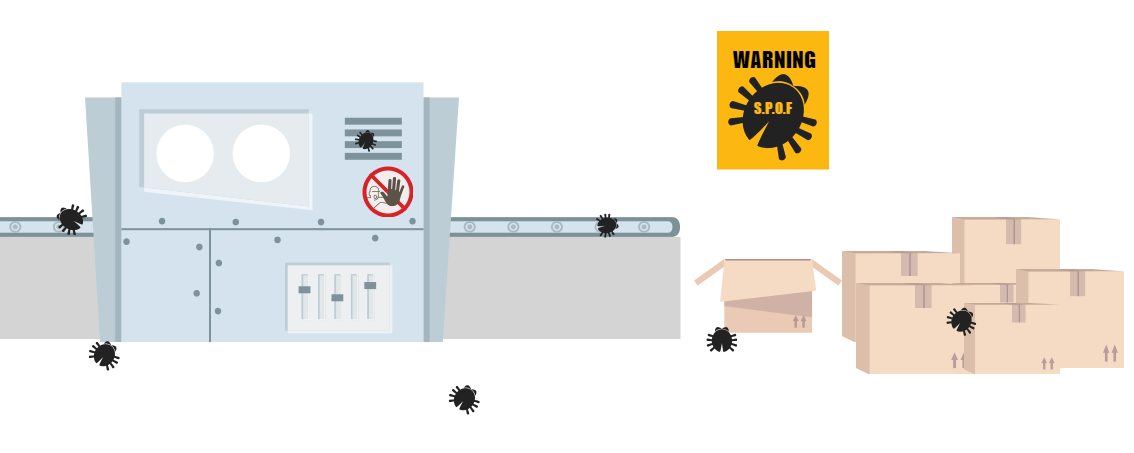
How to eliminate the Dark Arts from your organisation
While the Dark Arts can make their way into your organisation in many forms, they can all be rid through one simple strategy: Standardisation.
Standardisation is the putting in place of a set of Standard Operating Procedures, or SOPs. These procedures are the optimum way to complete a process or deliver a product. Once set, they are made easily accessible to all those who need them through such methods as regular training or the use of visual aids, like posters around the workplace or stickers on the machinery.
By standardising a process, everyone is able to complete a task or can access the information they need to, regardless of who is absent. The clarity means there is no room for interpretation, no areas of weakness, and there is nowhere for dangerous Dark Arts to linger.
Beyond SPOF-proofing your process, standardisation ensures consistency. This means your efficiency will increase and you can begin to offer your customers a higher level of service, from more accurate delivery times to more consistent quality levels. So while managers enjoy saying goodbye to the worries of SPOFs, customers are also feeling the benefits of your new standardised systems.
With a tendency for people to get stuck in their ways, standardisation is not always easy – but it is always worth the work. What’s more, we are here to help: With both online and classroom courses designed specifically to help leaders introduce standardisation into their organisation, you will be prepared to tackle the Dark Arts once and for all.

